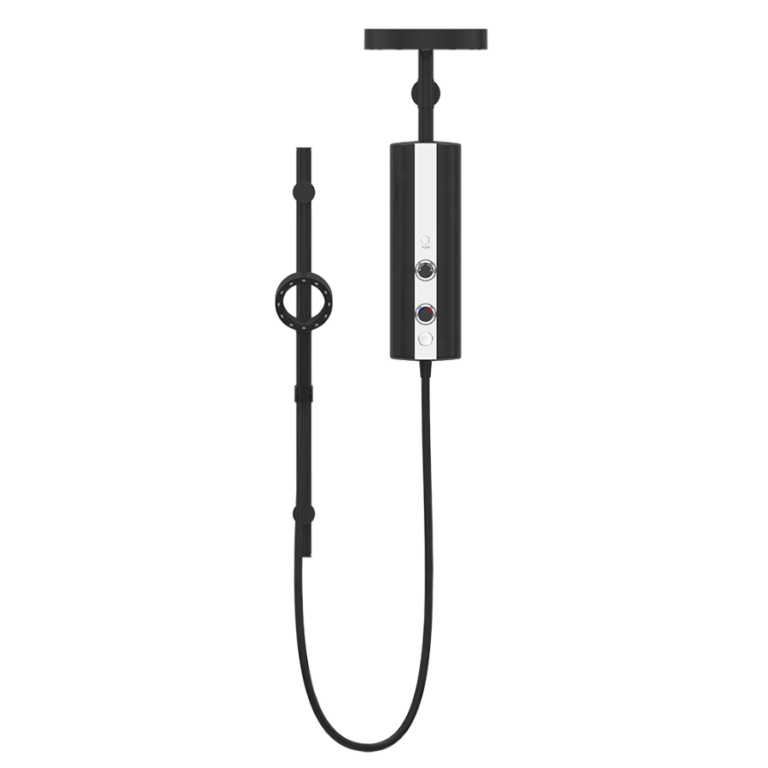The Impact of Climate Change Awareness on Consumer Preferences in the Outdoor Apparel Industry
In recent years, the outdoor apparel industry has been increasingly influenced by changing consumer behaviors driven by a growing awareness of climate change. Customers are now seeking environmentally-friendly products that align with their values and commitment to sustainability. This shift in consumer mindset has prompted many outdoor apparel companies to innovate and adopt more eco-friendly practices in their production processes.
As climate change continues to be a pressing global issue, consumers are becoming more conscious of the impact of their purchasing decisions. This change in mindset has led to a demand for outdoor apparel companies to prioritize sustainability and invest in products that are both environmentally friendly and durable. In response to this demand, many companies are now incorporating recycled materials, reducing waste in production, and exploring innovative ways to lower their carbon footprint.
The Rise of Sustainable Materials in Outdoor Apparel
Sustainable materials are gaining traction in the outdoor apparel industry as consumers become more mindful of their environmental impact. Brands are increasingly incorporating eco-friendly fabrics like recycled polyester, organic cotton, and hemp into their product lines to meet the growing demand for sustainable options. These materials not only reduce the carbon footprint of the apparel but also promote a circular economy by utilizing recycled materials.
In addition to the use of sustainable fabrics, some outdoor apparel companies are exploring innovative materials such as Tencel, lyocell, and bamboo in their manufacturing processes. These materials are known for their biodegradable properties and reduced water consumption during production, making them attractive choices for environmentally conscious consumers. By integrating these eco-friendly materials into their designs, outdoor apparel brands are not only meeting consumer preferences but also contributing to the preservation of the planet’s resources.
Innovations in Eco-Friendly Manufacturing Processes
As the outdoor apparel industry continues to prioritize sustainability, manufacturers are constantly seeking innovative eco-friendly manufacturing processes. One notable advancement is the use of recycled materials in production, thereby reducing the need for new resources and lessening the environmental impact of garment manufacturing. By incorporating materials like recycled polyester or nylon into their products, companies are not only minimizing waste but also promoting a circular economy.
Another key development in eco-friendly manufacturing processes is the adoption of water-saving techniques during production. Traditionally, textile production consumes a significant amount of water, leading to pollution and water scarcity issues in many regions. To address this concern, some outdoor apparel manufacturers are implementing dyeing processes that use minimal water or even no water at all. These sustainable practices not only reduce the industry’s water footprint but also contribute to the overall conservation of this precious resource.
• Utilization of recycled materials like polyester and nylon in production
• Reduction of waste and promotion of a circular economy
• Adoption of water-saving techniques during manufacturing processes
• Implementation of dyeing processes with minimal or no water usage
• Contribution to the conservation of water resources
How is climate change impacting the outdoor apparel industry?
Climate change is leading to a shift in consumer behavior towards more sustainable and eco-friendly products in the outdoor apparel industry.
What are some examples of sustainable materials being used in outdoor apparel?
Some examples of sustainable materials being used in outdoor apparel include recycled polyester, organic cotton, and plant-based alternatives like hemp and bamboo.
What are some innovations in eco-friendly manufacturing processes in the outdoor apparel industry?
Innovations in eco-friendly manufacturing processes include waterless dyeing techniques, energy-efficient manufacturing facilities, and closed-loop recycling systems.
How can consumers support eco-friendly practices in the outdoor apparel industry?
Consumers can support eco-friendly practices by choosing products made from sustainable materials, recycling old clothing, and supporting brands that prioritize environmentally friendly manufacturing processes.







